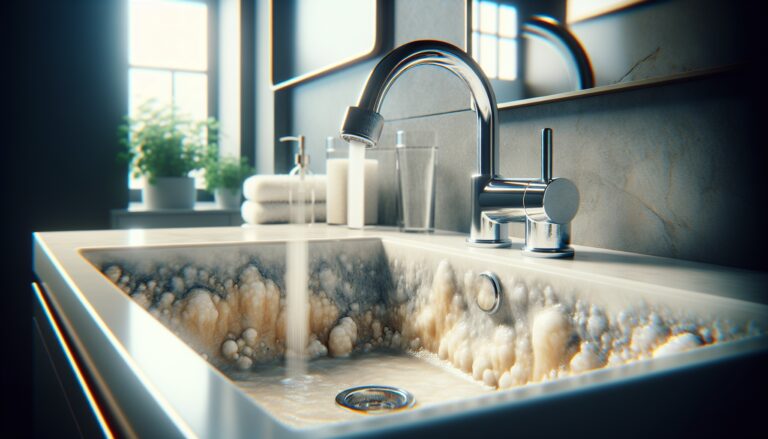Argomenti trattati
Many households face the challenge of hard water, which is characterized by a high concentration of minerals such as calcium, magnesium, and iron. These minerals can lead to a variety of problems, from plumbing issues to skin irritations. Understanding how to identify hard water and knowing the solutions available can significantly improve your home environment.
Signs that your home has hard water
One of the most noticeable indicators of hard water is the presence of a white, chalky residue around faucets, showerheads, and other water fixtures. This residue is a result of mineral deposits left behind when water evaporates. According to plumbing expert Nathan Hudelson, this buildup is often visible around aerators, coffee pots, and clear glassware. Additionally, if you find soap scum accumulating in your sinks or bathtubs, it may be due to the high mineral content in your water supply.
Another sign to watch for is difficulty in lathering soap. If you notice that your soap doesn’t foam as it should, it could be a direct result of hard water. Furthermore, persistent dry skin and hair can also indicate hard water issues. While low humidity or certain products can contribute to these conditions, if they persist despite your efforts, hard water may be the culprit.
Testing for hard water
The most definitive way to determine if your home has hard water is through a water hardness test. These kits are readily available and can provide accurate readings of mineral concentrations. Generally, water with more than 17 parts per million (ppm) is considered slightly hard, while levels above 20-25 ppm indicate more significant hardness. Understanding your water’s hardness level can help you take appropriate action.
Solutions for hard water problems
If you suspect hard water is affecting your home, there are several solutions you can consider. The most effective method is to install a water softener, which removes the minerals responsible for hardness. Traditional salt-based water softeners are highly recommended by professionals for their effectiveness.
For those with milder hard water issues, installing filters on showerheads and faucets can help catch excess minerals before they enter your plumbing system. Regular maintenance of these filters is essential for optimal performance. Additionally, cleaning fixtures with natural solutions like baking soda or vinegar can help dissolve mineral deposits and reduce buildup.
Adjusting your water heater’s temperature can also mitigate hard water effects. Lowering the temperature can slow down the rate of mineral precipitation, while regular flushing of the water heater can remove sediment buildup. Another alternative is using a magnetic water conditioner, which makes minerals more soluble, preventing them from adhering to pipes and fixtures.
By recognizing the signs of hard water and implementing these solutions, you can significantly improve your home’s water quality and protect your plumbing and appliances from the damaging effects of mineral buildup.

